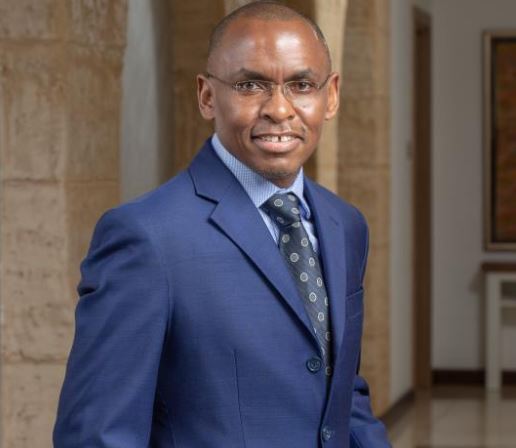×
The Standard e-Paper
Fearless, Trusted News

When Peter Ndegwa takes office tomorrow as the new Safaricom chief executive officer, his every move will be closely scrutinised.
His words and deeds, however small or off-the-cuff, will instantly spread and be amplified. Occasionally, his sentiments will be misinterpreted.